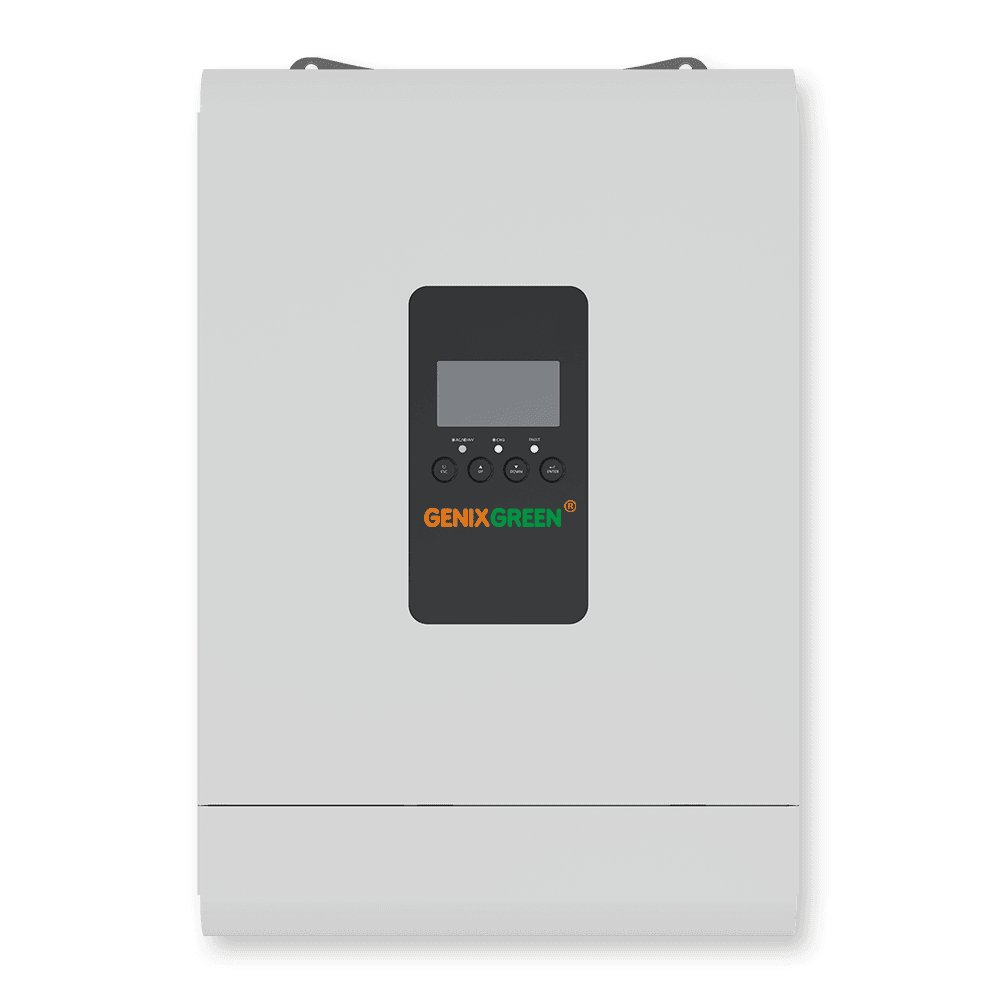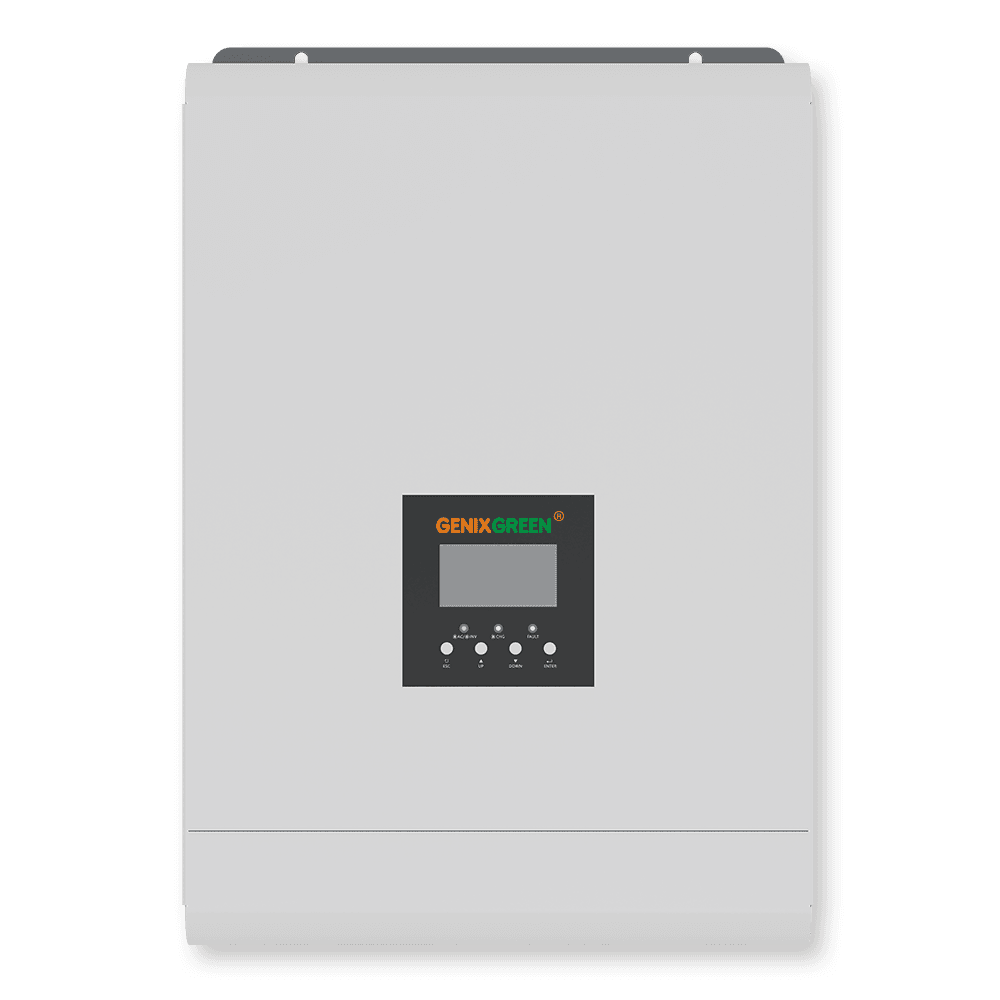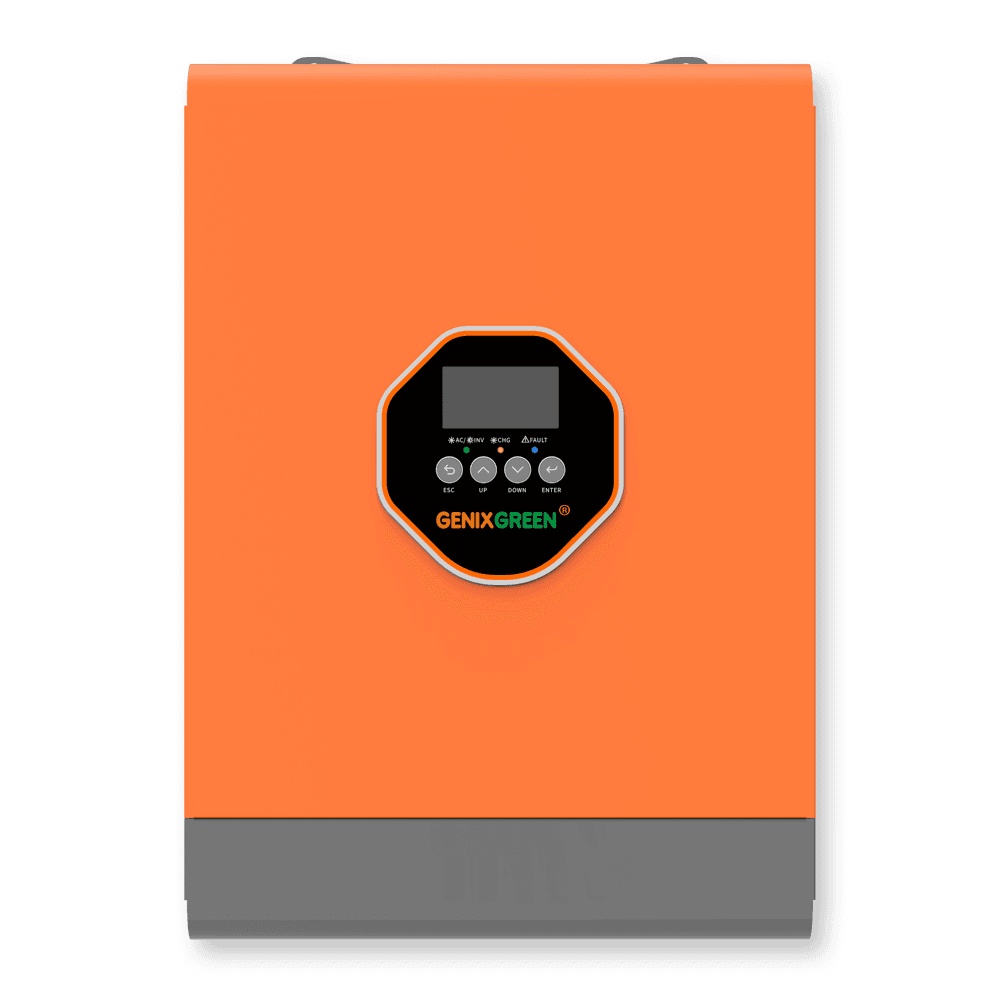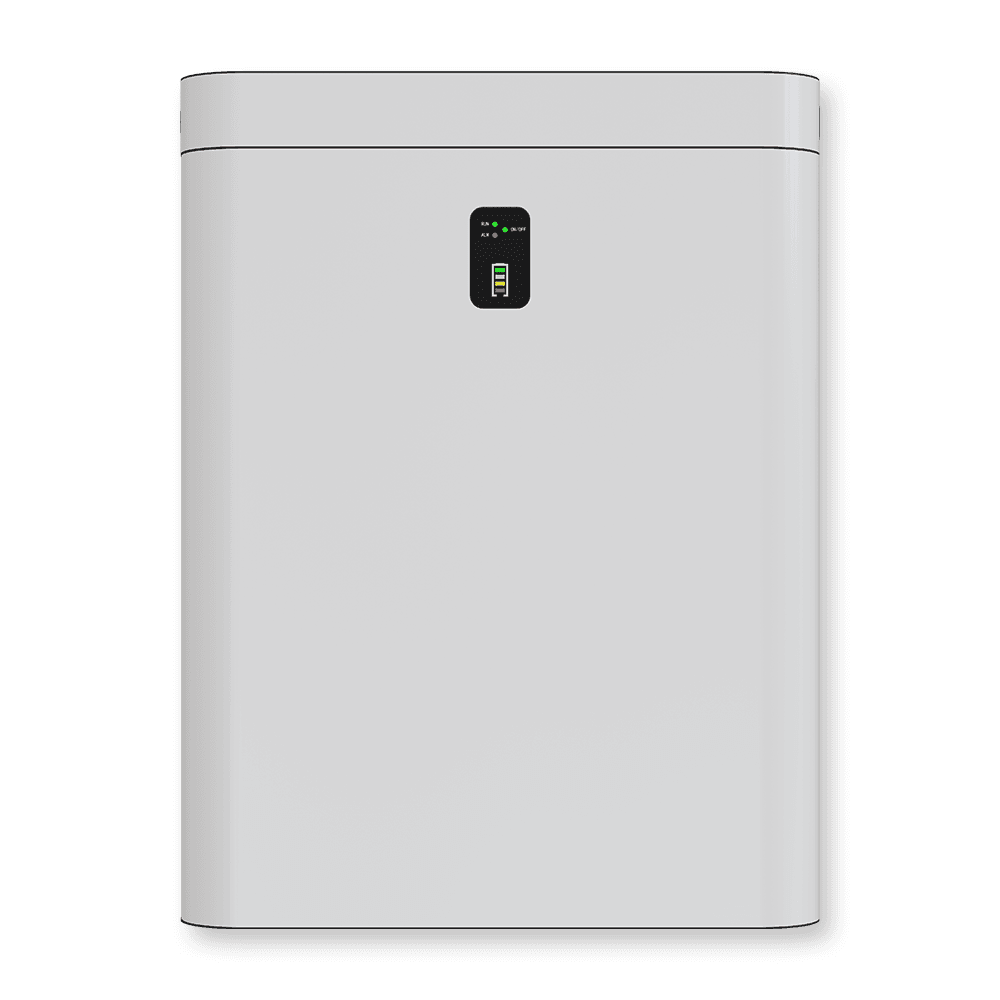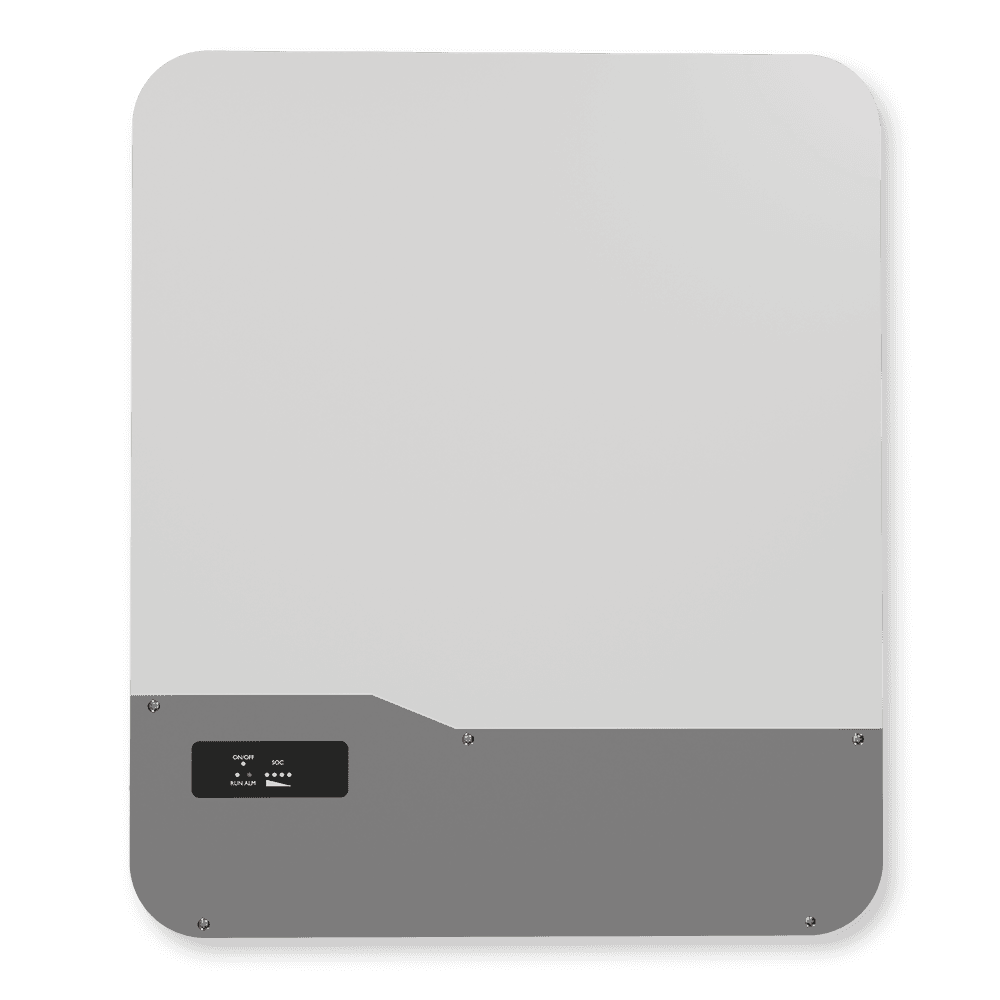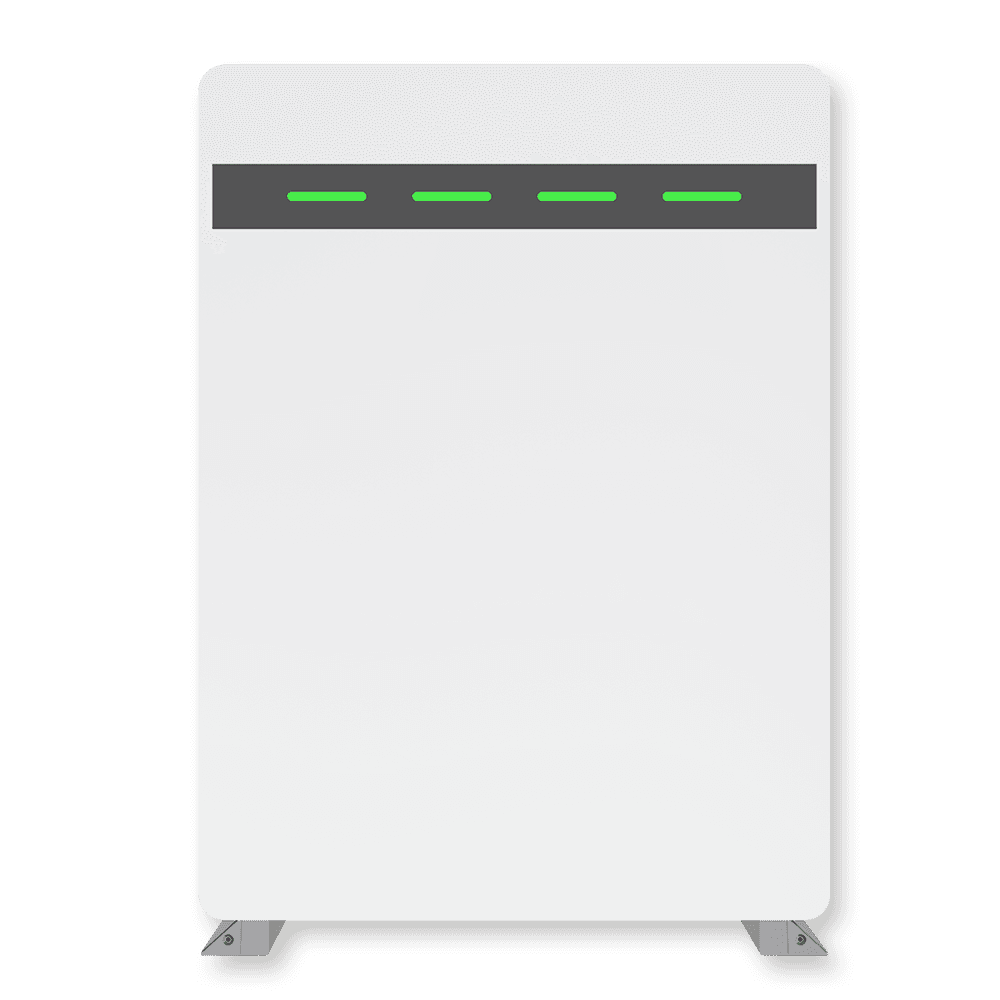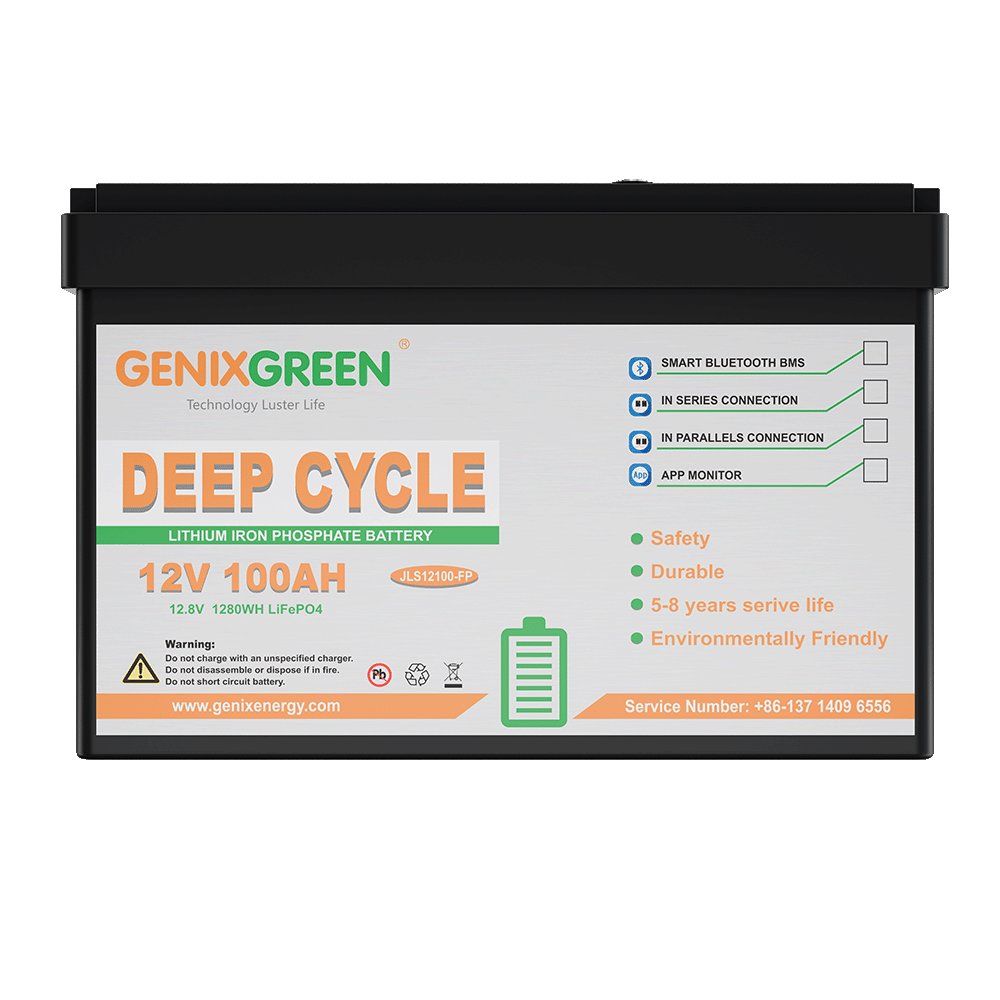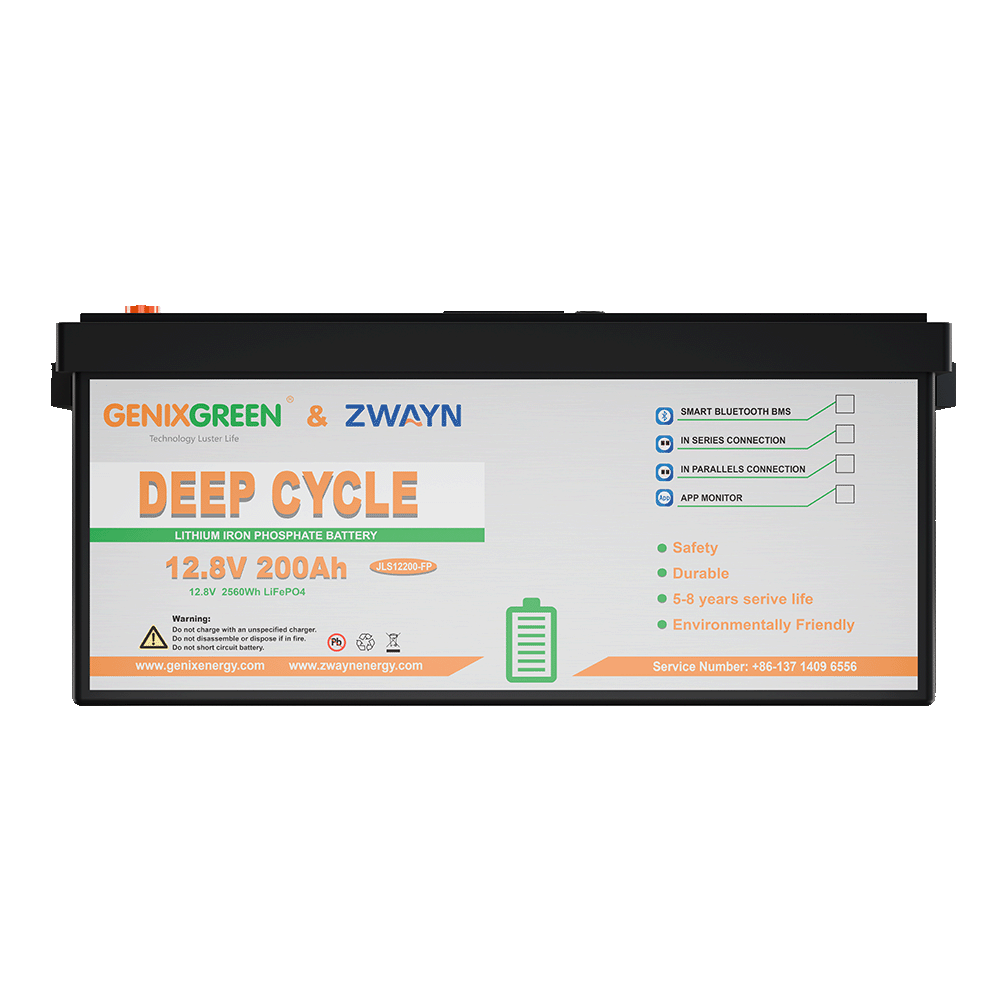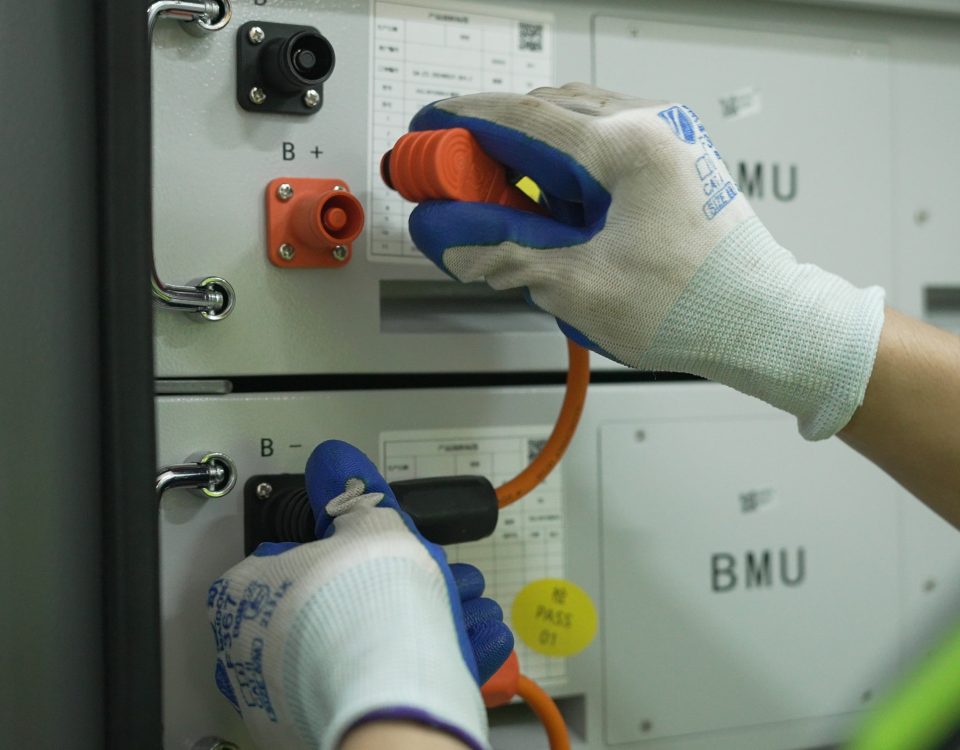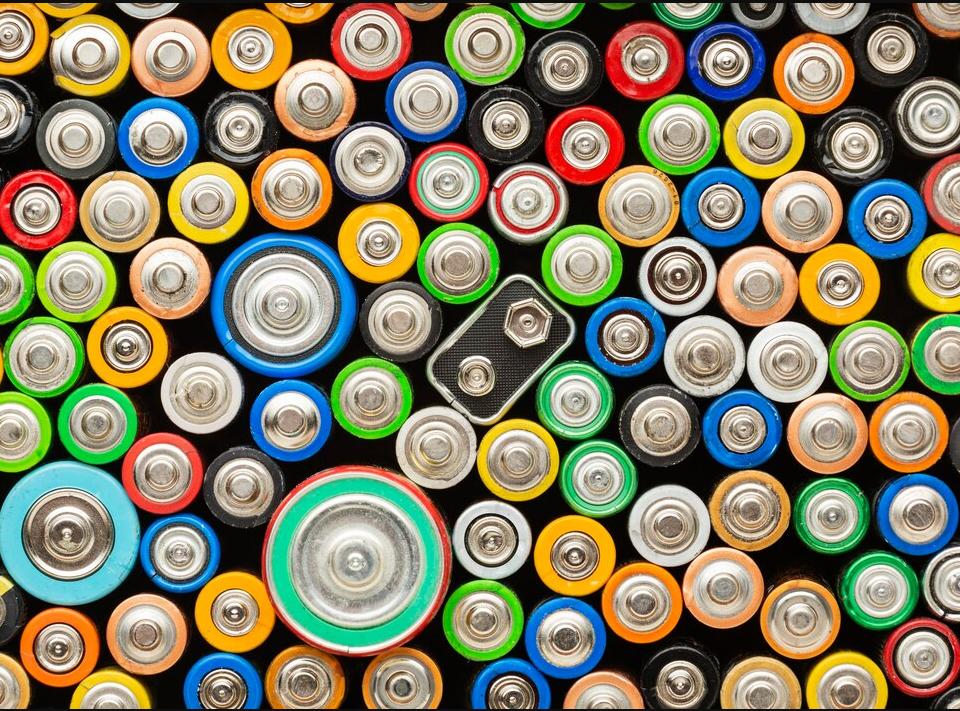
how to dispose of lithium batteries?

Are nimh batteries lithium?
As a developer and manufacturer of lithium batteries, we understand users’ concerns about the battery life of lithium-ion batteries. This article will answer the question “How long can a lithium-ion battery last without recharging” from a professional perspective, helping you better understand battery performance and relieve unnecessary anxiety.
- Battery life depends on the actual usage scenario
There is no fixed answer to the battery life of lithium-ion batteries, as it is affected by many factors, including device power consumption, battery capacity, and usage habits. Here are some key variables:
(1) Battery capacity
Battery capacity is usually expressed in milliampere hours (mAh) or watt-hours (Wh). The larger the capacity, the more power the battery can store and the longer the battery life. For example:
Smartphone battery capacity is generally between 3000-5000mAh, which can support normal use for about a day.
Laptop battery capacity can reach more than 50Wh, which can provide 6-12 hours of battery life.
(2) Device power consumption
Device power consumption is the core factor that determines battery life. High-brightness screens, high-performance processors, and applications running in the background can significantly increase the rate of power consumption. Therefore, even the same battery may perform very differently on different devices.
(3) Usage habits
The user’s usage habits directly affect the battery life. For example:
Playing games or watching high-definition videos for a long time will quickly consume power.
Browsing the web or reading e-books in low-power mode can make the battery last longer.

- Calculation method of theoretical battery life
If you want to estimate the theoretical battery life of a lithium-ion battery, you can use the following formula:
[{Battery life (hours)} = \frac{{Battery capacity (Wh)}}{{Device average power consumption (W)}} ]
For example, a 50Wh battery with a laptop with an average power consumption of 10W can theoretically provide 5 hours of battery life. Of course, the actual battery life may vary slightly depending on the usage environment and device optimization.
- How to extend the use time of a single charge?
In order to make lithium-ion batteries last longer on a single charge, we recommend taking the following measures:
Reduce screen brightness: The screen is usually the main source of power consumption for the device.
Turn off unnecessary functions: such as Bluetooth, GPS, and background applications.
Enable power saving mode: Most modern devices offer smart power saving features that can effectively extend battery life.
Choose efficient hardware: Prioritize low-power chips and optimized devices.
- Relieve battery life anxiety: Technological progress and solutions
With the continuous development of technology, the energy density of lithium-ion batteries is gradually increasing, and the energy consumption management of devices is also being optimized. Here are some trends to look forward to:
Fast charging technology: Even if the battery life is limited, efficient fast charging technology can restore a large amount of power in a short time and reduce waiting time.
Dynamic power management: Modern devices use intelligent algorithms to adjust power consumption in real time to ensure that battery resources are optimally utilized.
New battery materials: New technologies such as silicon anodes and solid-state electrolytes are expected to further improve battery capacity and battery life performance.
- Summary
The battery life of lithium-ion batteries is not a fixed value, but is determined by battery capacity, device power consumption and usage habits. Through scientific usage and technical means, you can easily cope with daily needs without worrying too much about battery life. As a lithium battery developer, we are always committed to technological innovation, striving to provide users with battery products with longer battery life, greater safety and reliability.


